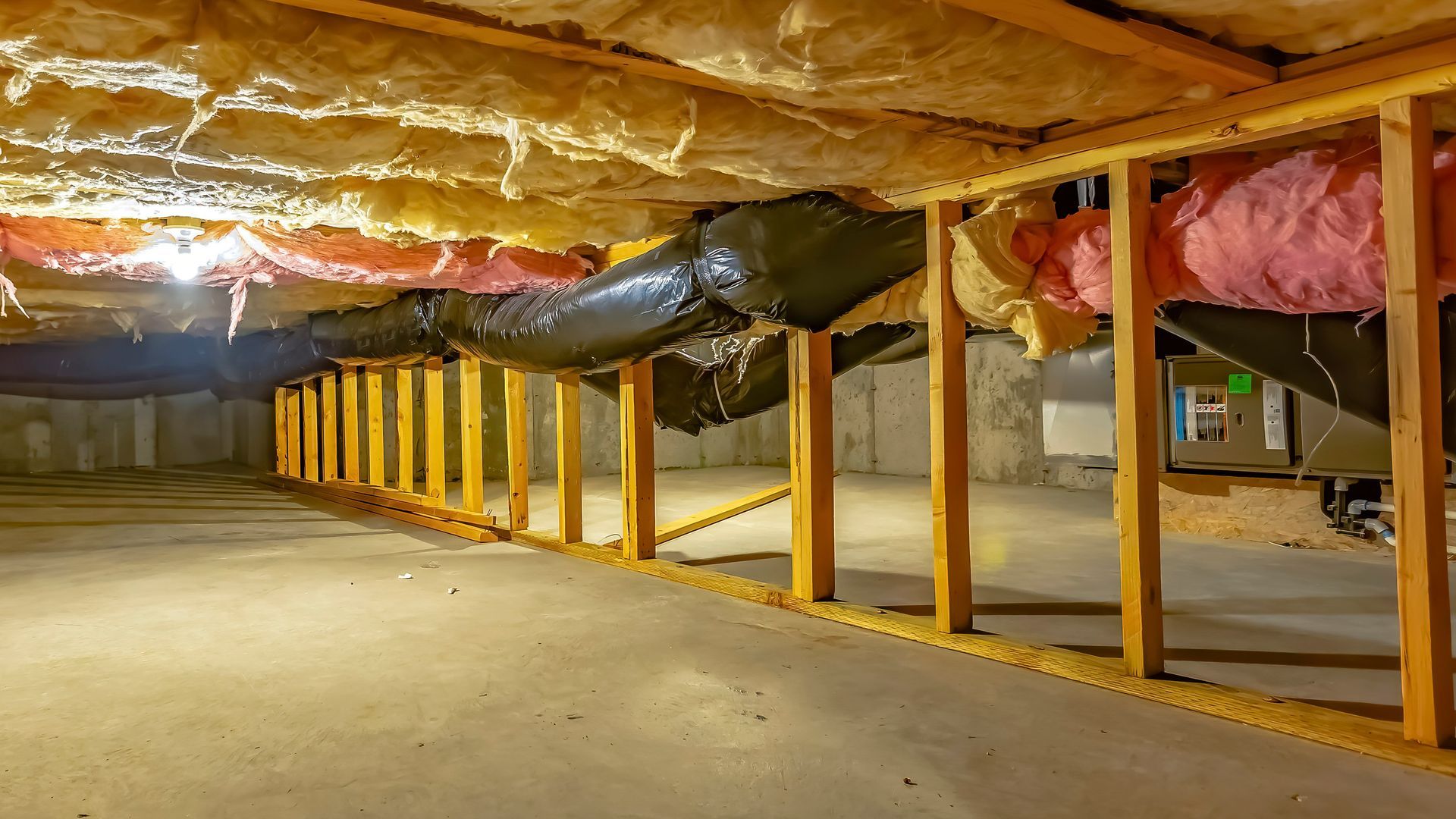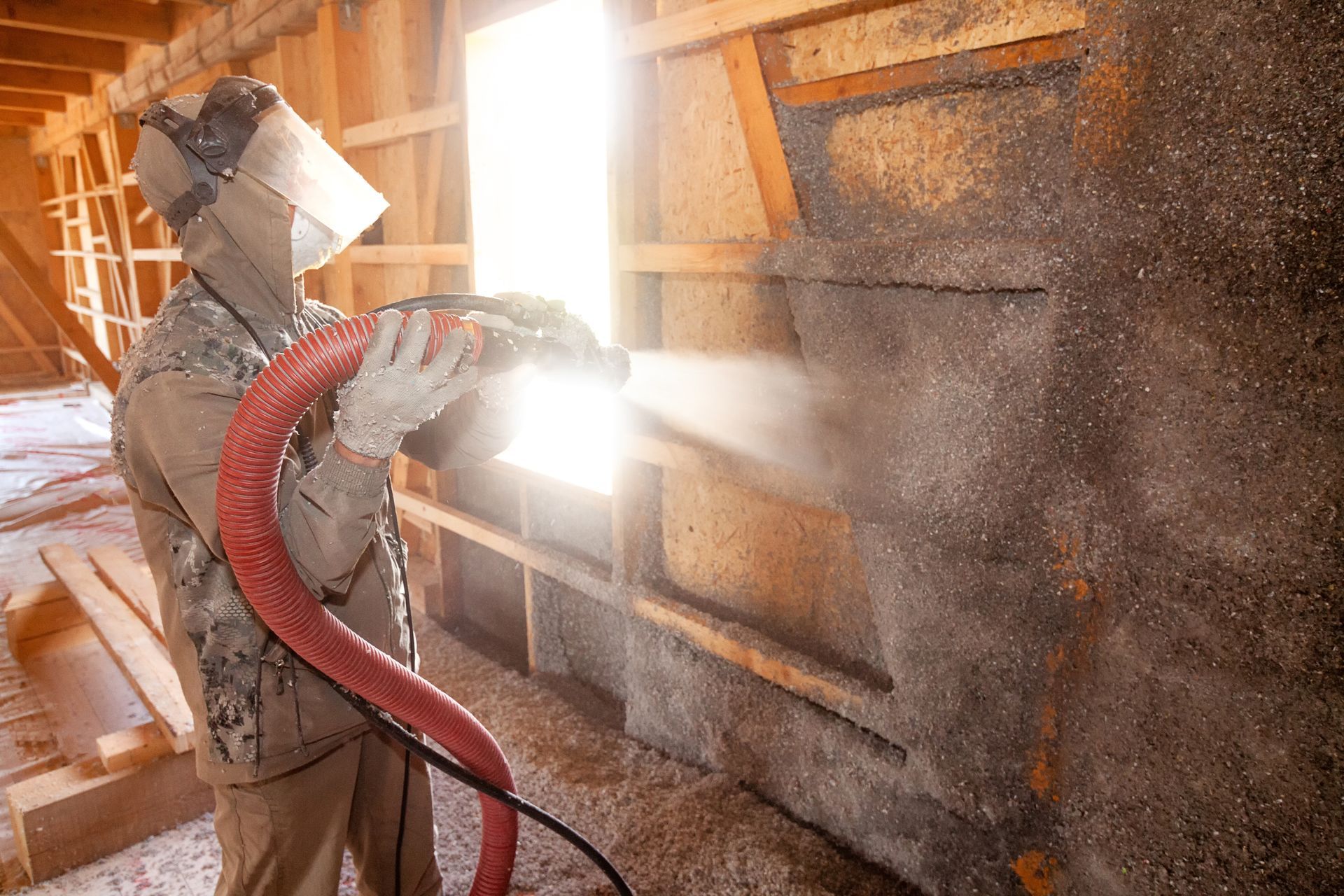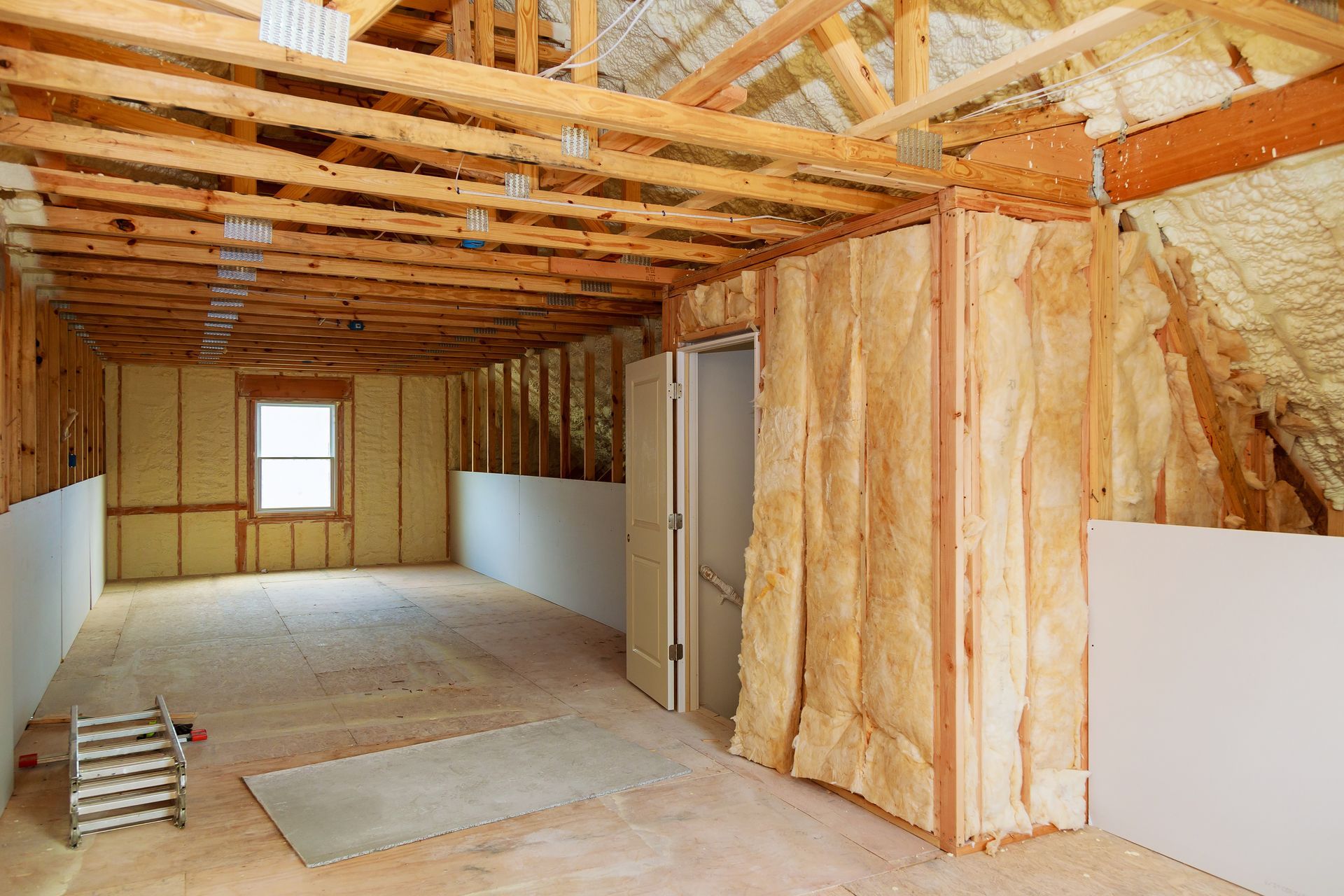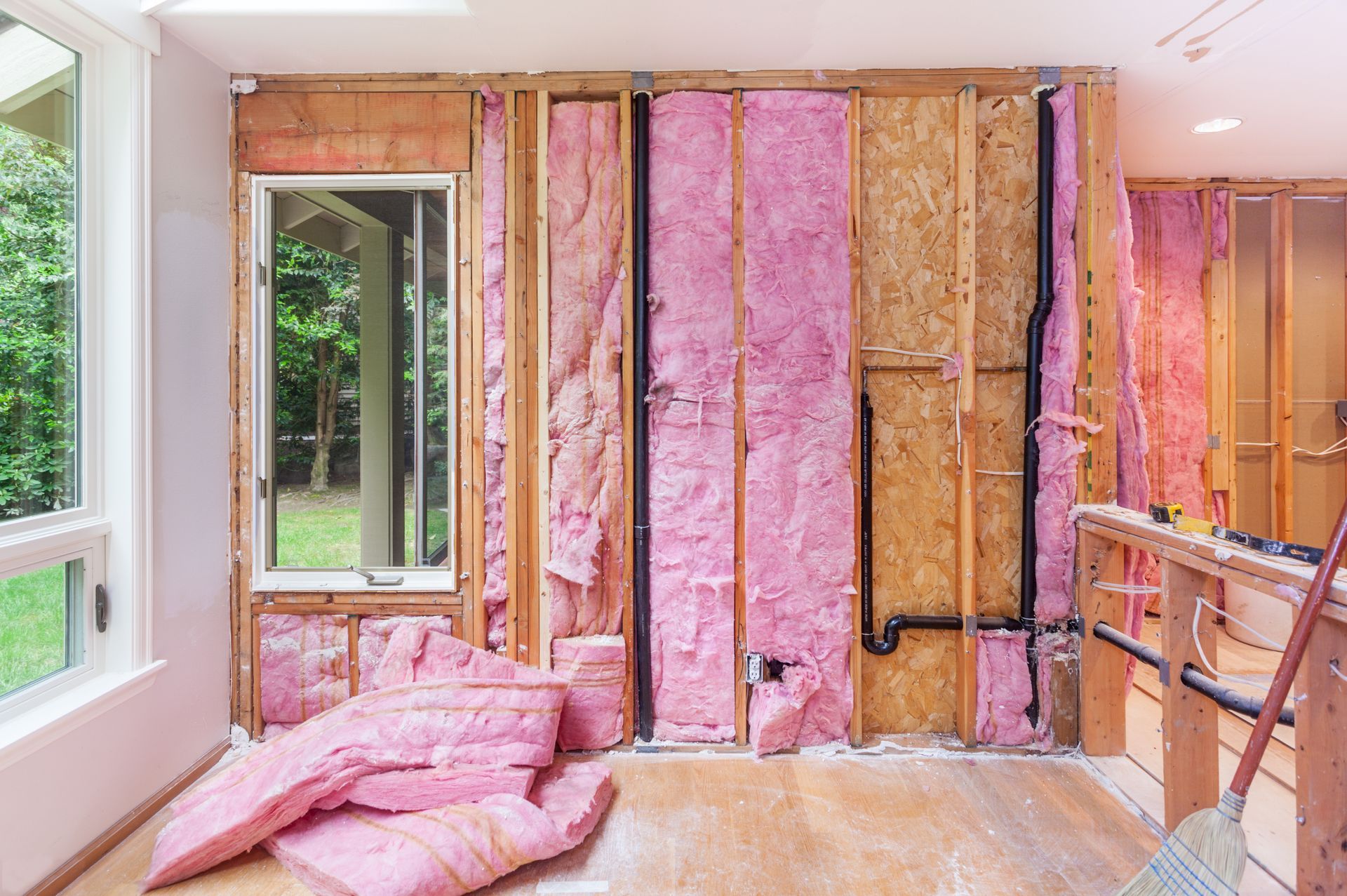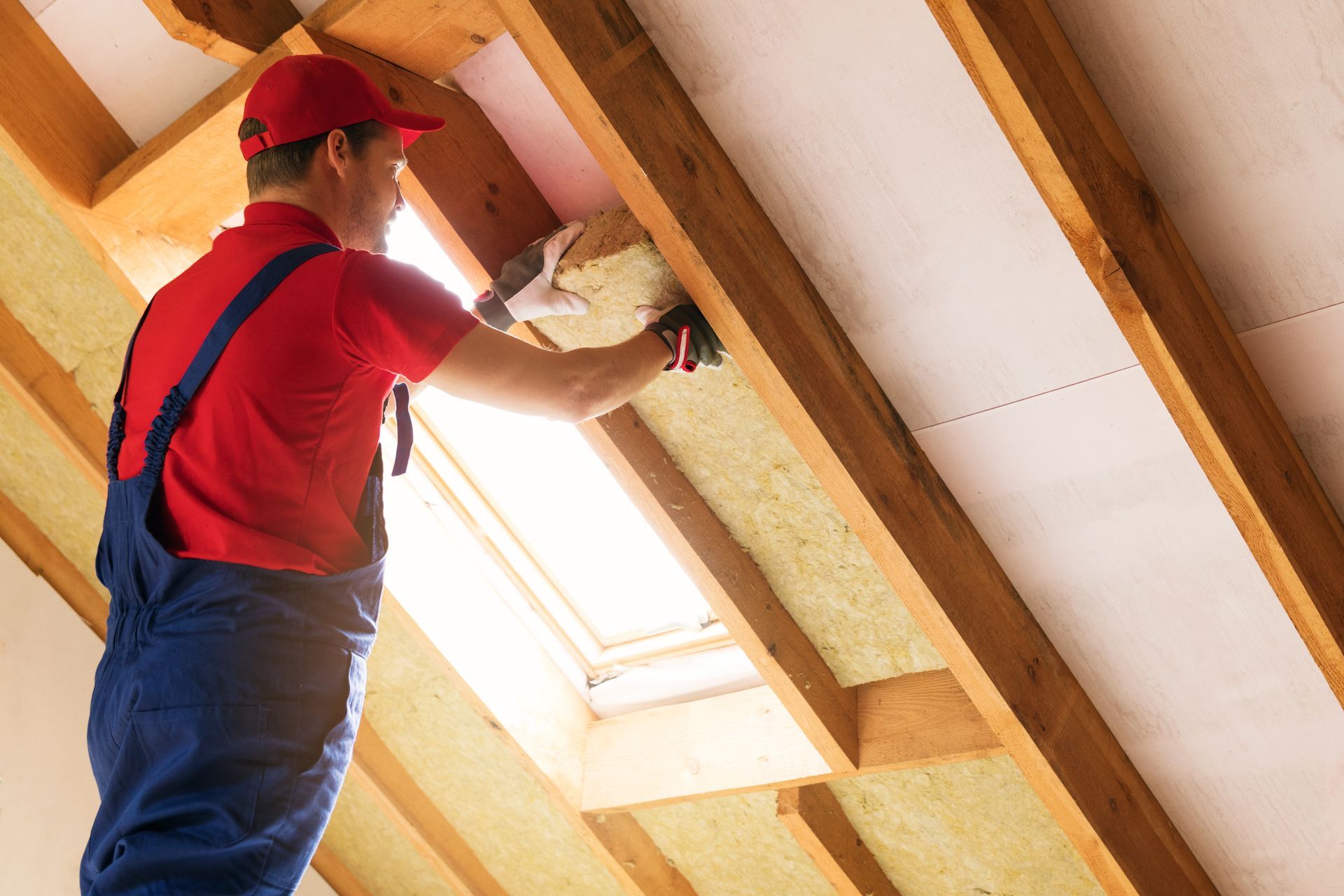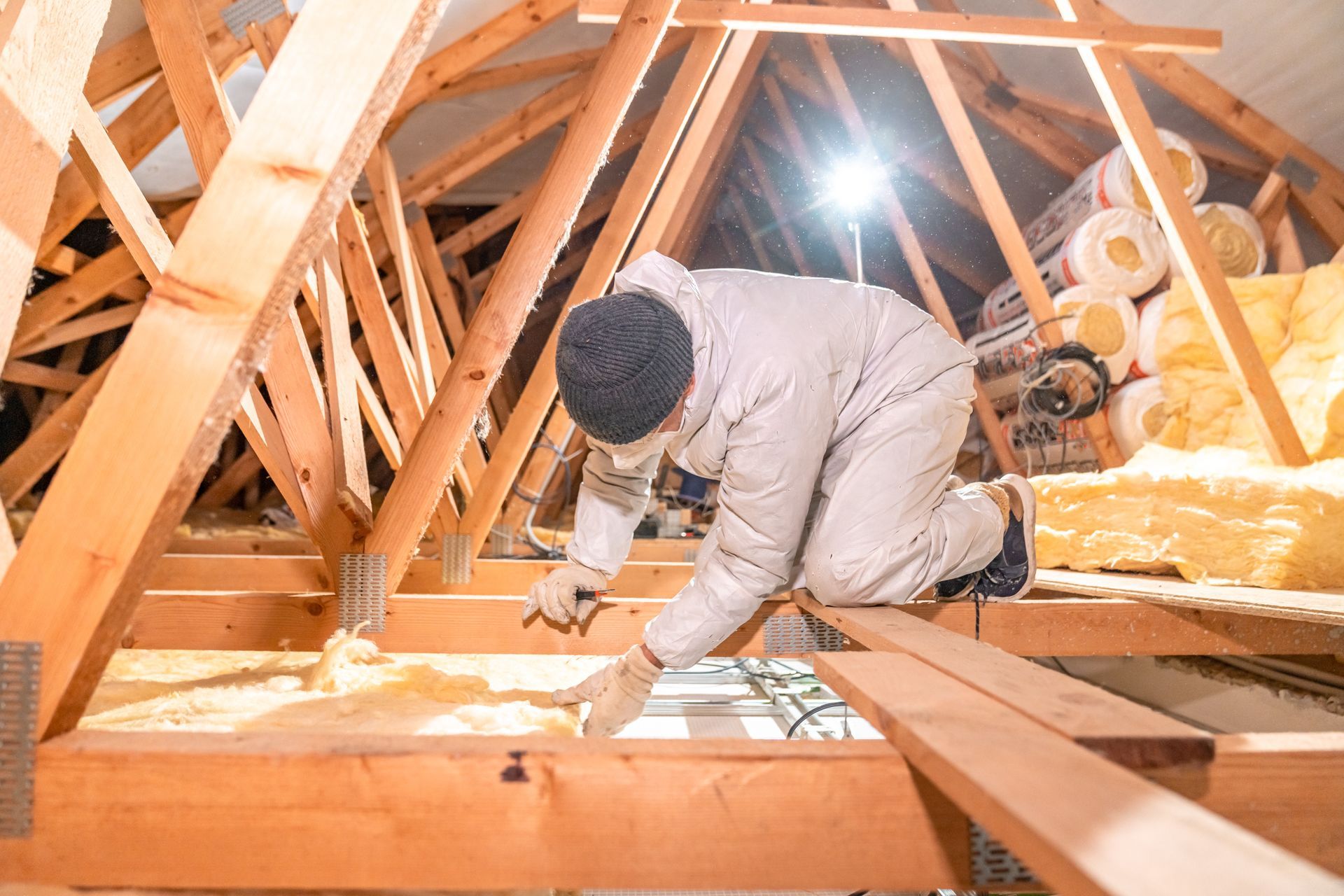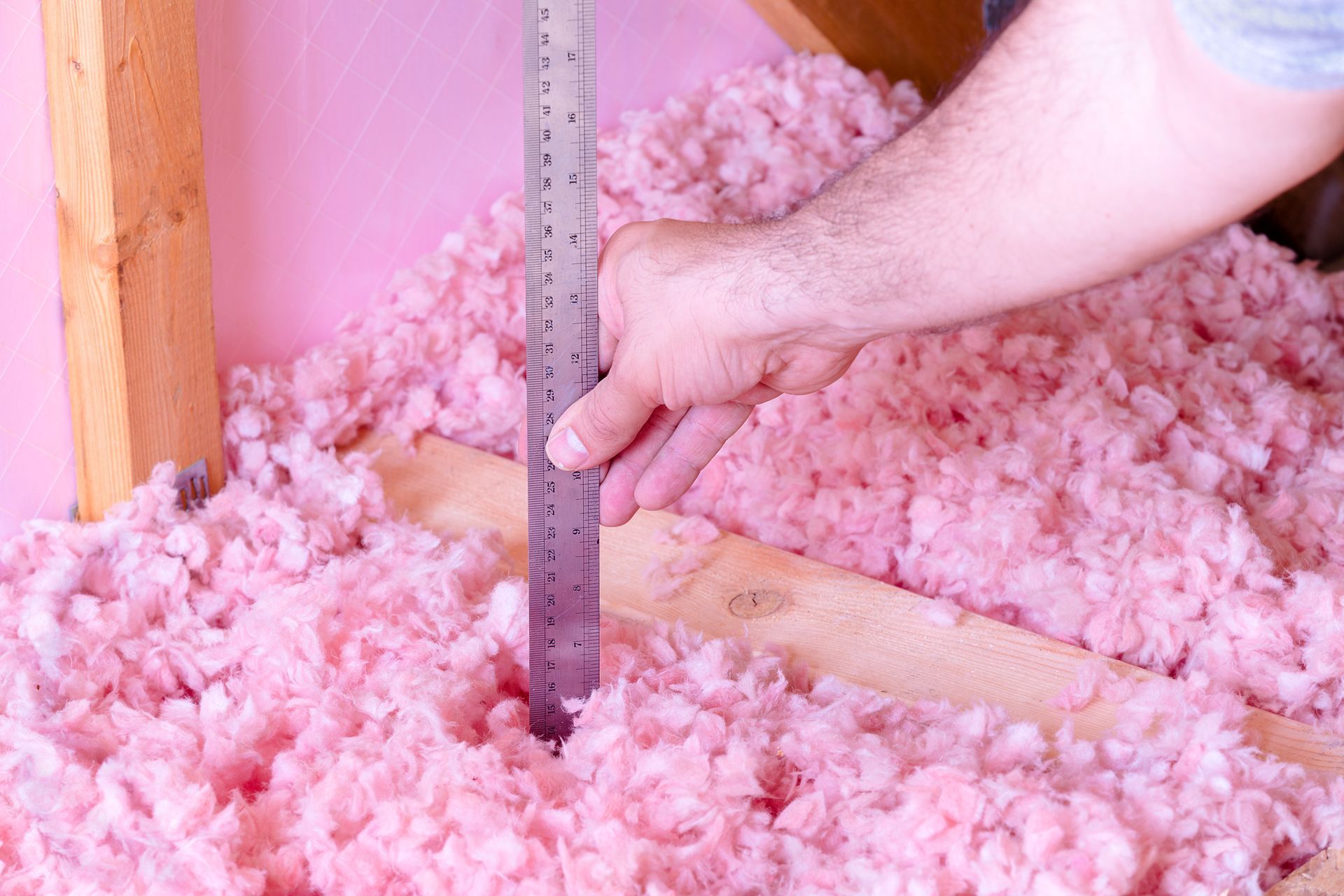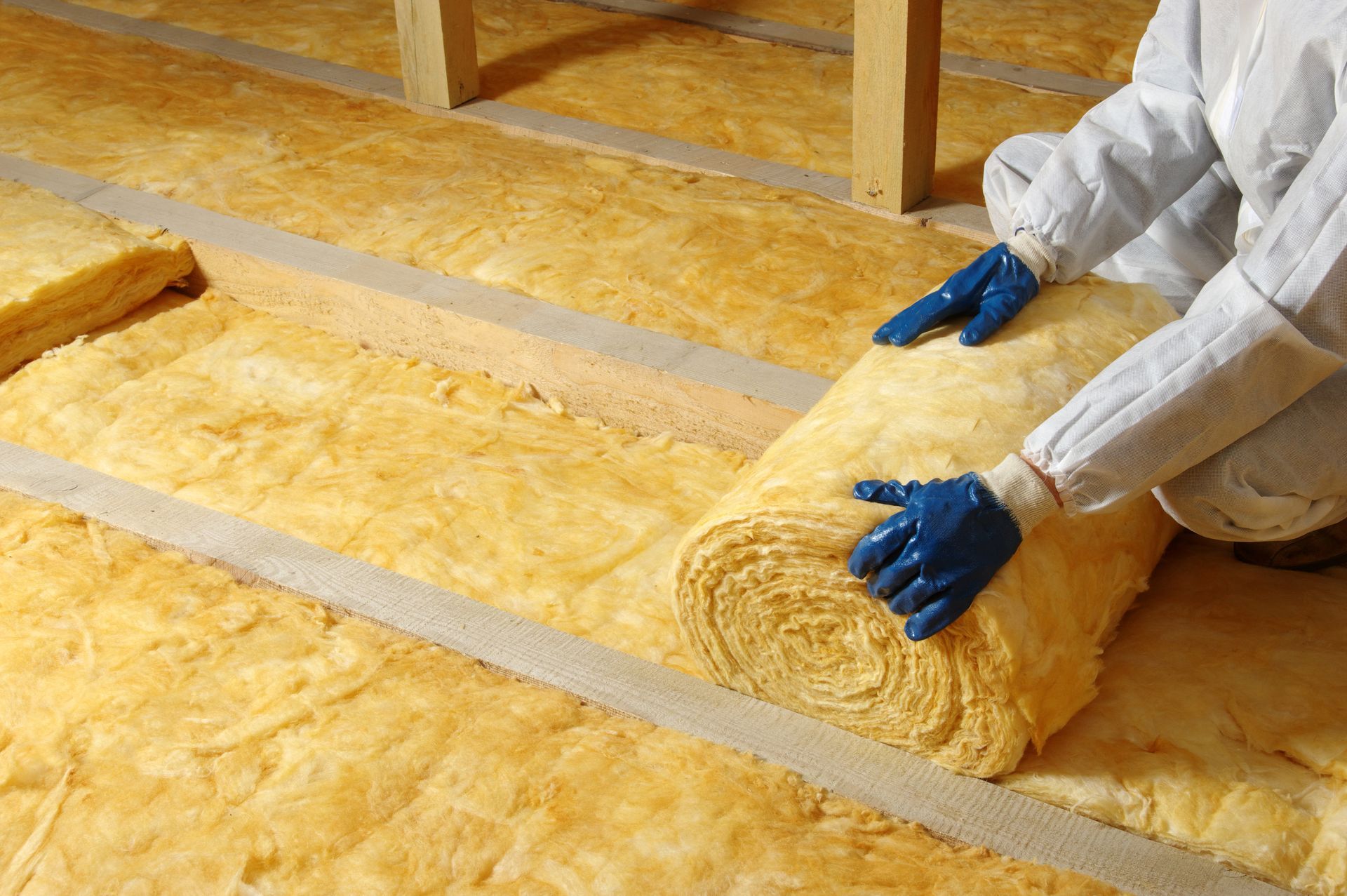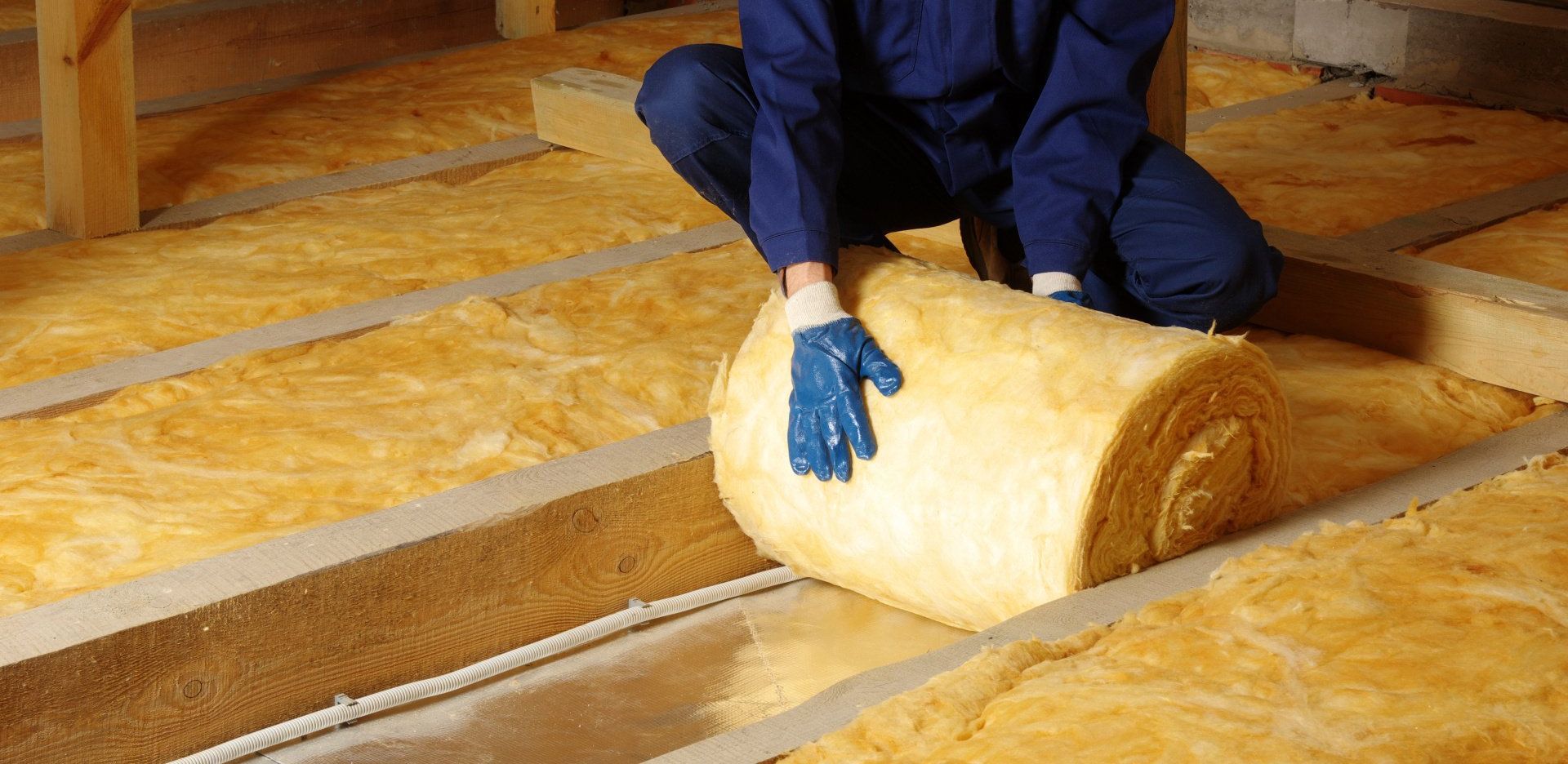Should You Insulate Your Entire Basement
If you are considering renovating your unfinished basement, there are a few things to remember. First, consider the purpose of the space. What do you want to use it for? This will help you determine the project's scope and what kind of renovations will be necessary.
Next, consider the cost. Basement renovations can be expensive, so create a budget and stick to it. Finally, think about the timeline. Basement renovations can be time-consuming, so allow yourself enough time to complete the project.
An unfinished basement can make your home less energy efficient and decrease its value. Adding insulation to your basement can improve your home's efficiency, reduce the strain on your HVAC system, and make it more comfortable to live in year-round.
Many different types of insulation are available on the market, so it can be difficult to decide which one is best for your home. However, by considering the climate you live in, your home type, and your budget, you can narrow down your options and choose the best insulation for your needs.
1. Insulating Basement Walls
Adding insulation to your basement walls is a great way to improve your home's energy efficiency and make your basement more comfortable. Basement insulation can also help reduce noise from outside and make your basement more soundproof. Many homeowners choose to finish their basements at the same time as they add insulation, which makes the space more efficient, functional, and attractive.
You can start saving money by insulating your exposed foundation walls. This will help keep out cold air during winter.
Insulated means that the basement is protected from temperature changes and has a barrier to keep moisture out. However, it does not mean that the basement is waterproof or sealed.
If the basement has been flooded or has water damage, these issues will need to be addressed before or during the insulation project. Once the basement is insulated and finished, monitor the inside humidity periodically. High humidity can be caused by a leak or moisture from an outside source.
2. Insulating Basement Ceiling
It is possible that insulating a basement ceiling could make the first floor of your home feel warmer. The basement would be cooler by trapping the warm air above and the cool air below. If you want to use your basement as a living space, you can install ductwork and vents to direct warm air to the area or choose not to insulate the basement ceiling. If you decide to insulate your ceiling, ensure to insulate any exposed pipes. This will protect them from freezing temperatures.
3. Insulating Basement Floor
If you live in an older home in a colder climate that gets four to five months of wintry weather, you can make your basement more comfortable by insulating the floor. Adding an insulated subfloor to a home with a concrete foundation can help to make the space warmer during the winter. This added insulation will provide additional warmth and comfort over the winter.
Conclusion
It is advisable to insulate your entire basement to keep your home warm and reduce your energy bills. By doing so, you will also be reducing your carbon footprint.
Urban and Sons Insulation is a leading insulation contractor for residential and commercial spaces in Springfield, MA. We specialize in various insulation types, including fiberglass, cellulose, and foam insulation. We also offer energy-saving products and services, such as radiant barriers. If you need
basement insulation in Western Massachusetts, get in touch with us! Schedule an appointment today.
